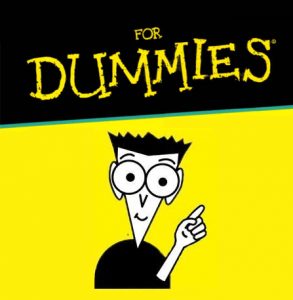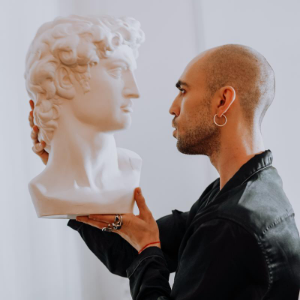A few weeks ago, I was a little stuck with my villain.
I know that she is evil and that she has this super stupid idea about power but I was a little stuck on the why? And if you don’t think your why is important to your story, you should definitely read this article. I’ve been reading so many writing blogs lately and one way or another, some more than others, they always talk about the why!
So in order to flesh out my villain and understand her role in the story, I decided to binge on some blog posts and take notes.
Do want to know what happened?
I ended up writing 4 pages on my villain’s background story (I had one before but this one is more complete), character analysis, and story arc.
I also made a list of the questions I saw and condensed them to the ones I considered to be more relevant. I mean you can ask all the 50+ questions that are out there on the internet but do you really want to lose time? Even if you do all of them there will always be a few with more power than others.
So…
What are the main questions to ask your villain?
1. What is your antagonist trying to achieve?
Everyone’s actions are set by motives. What exactly is that your villain wants in life? Figure out the end goal. Why does that want oppose to the hero’s view?
2. What is her strong personal desire?
This may seem similar to the first one but it isn’t. The first one is about a goal that the villain is aware of and even publicises it to the hero. The personal desire could be something the villain doesn’t know and it is more emotional. This makes sense because villains don’t spend a lot of time doing introspection. But it is useful to you to understand how you want them to behave.
For example, my villain thinks they just want power because they are a superior race. But deep down, they are afraid of appearing weak. So in reality what they want is to be strong. They believe that having power and others fear you is the only way she can be strong. So the most difficult question is what is their emotional and interior goal?
3. Where do they draw the line or the one thing that can stop them?
Some people, no matter how bad they are, have their principles. Some will not cross their families to achieve their goals, others will refuse to snitch even if it will help them. Others don’t mind people dying around them but will never pull the trigger themselves. There are also villains who can be moved to held back or stopped by people important to them.
What are the boundaries of your antagonist?
4. What is she trying to avoid?
If the plan fails and the antagonist loses, what does that mean to them? What is the one thing that they are running against the clock to prevent it from happening?
5. What is the fear motivating them?
This can be a dark secret, a ghost of their past, a fear.
Remember about my villain being afraid of appearing weak? Somewhere in her life, something led her to believe she is weak. Otherwise, the thought wouldn’t cross her mind. No one fears weakness if they never experienced it. No one fears being unloved if they never thought that they were unloved.
6. What is the plan for getting what she wants?
Now this is where true brainstorming comes up. How is the villain going to interfere with your hero’s plans to get what they want?
If you know these answers, you already have a solid base to create your villain’s background and present motives. You will also know what to look for to explain to the reader what you want them to know about your villain.
PATRICIA MORAIS
I write bilingual (PT and EN) supernatural fantasy books inspired by mythology and folklore from around the world. But my actual mission is to help other writers write, publish and market their books.




